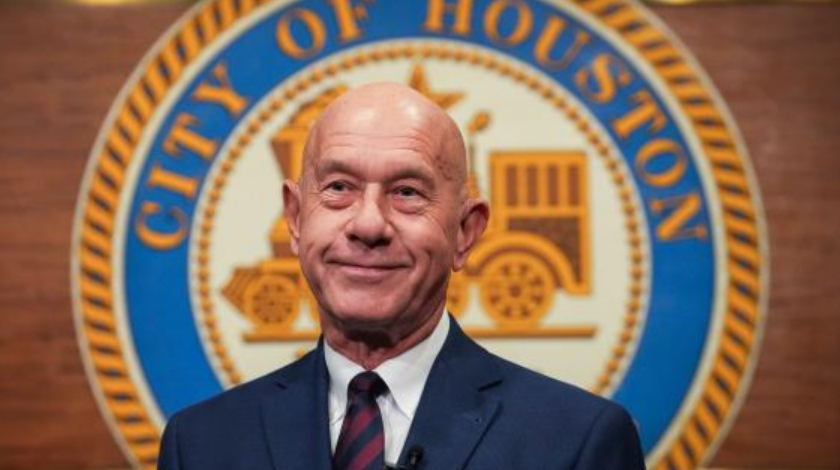The city of Houston is facing a dire financial situation, according to its mayor John Whitmire. At a City Hill meeting this week, Whitmire proposed a five percent cut across all city spending in order to address the city's overspending for decades. According to Whitmire, the city is "broke" and this drastic measure is necessary to alleviate the cash-flow problem.
Whitmire, a Democrat who was elected in December, also highlighted the fact that the problem has been ongoing for years but was temporarily masked by COVID handouts from the federal government. The city is currently facing a $160 million deficit and experts attribute this to years of overspending.
Former Mayor Sylvester Turner, who left office in January, claimed that he was leaving the city with a $420 million surplus. However, this claim has been refuted by financial groups, the city comptroller, and even Turner's predecessor, former Mayor Annise Parker. It is believed that the surplus was largely due to the influx of federal funds received during the pandemic, which Turner used to cover city expenses.
It is clear that the city of Houston has been struggling with its finances for a long time. Criticisms of Turner's handling of public funds have been ongoing, and it is believed that the city's financial problems started almost a quarter of a century ago with the mismanagement of pension funds.
One of the biggest financial challenges facing the city is its inability to make payments to first responders. This includes meeting their contractual obligations to pension funds, as well as paying back pay and wage hikes that have been promised for years. Whitmire's plan to settle with the first responders will cost taxpayers $650 million over the next five years.
Houston is also facing issues with its public transit system. In the 1970s, the city gave away some of its revenue to fund the system, which has now cost the city $3 billion. This has resulted in a light rail system that is performing poorly and has contributed to the city's financial woes.
The timing of Houston's financial problems is unfortunate, as the rest of the state of Texas is experiencing a surplus of funds. The state, known for not having a state income tax, saw a surplus of nearly $33 billion last year. This is more than the entire budget of South Carolina. The population of Texas is also rapidly growing, with projections showing that Dallas could overtake New York as the most populous city in the country by 2100. Houston, on the other hand, is projected to replace Los Angeles as the second-largest city in the US.
While the city of Houston is welcoming an influx of new residents, local leaders have not been able to capitalize on this growth. Some critics argue that the city should look for ways to raise funds internally, rather than relying on taxing its residents. Suggestions include cutting unnecessary government expenses and selling an expensive art collection owned by the city. Some also propose charging for services like trash collection, which are currently free.
In response to the dire financial situation, City Controller Chris Hollins has suggested taking the matter to the voters in November. This could potentially involve a tax hike through a bond, which would require taxpayers to chip in and help alleviate the city's financial burden. It remains to be seen how Houston will address its financial crisis, but one thing is clear: tough decisions need to be made in order to get the city back on track.


